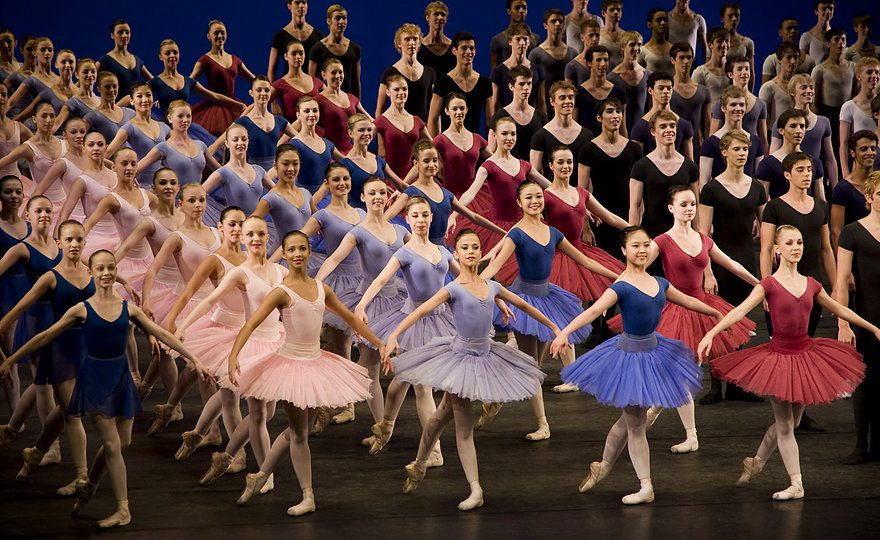How do you find the level of competitors this year?
I think there were some very strong competitors this year. They all come from different backgrounds and have had different training, so there are some high standards as well as those who have potential but are maybe still needing more strength, which we are also looking for.
Have you noticed any trends among the dancers in recent years?
One of the things I’ve noticed is that some dancers are perhaps too focused on how many tricks they can do rather than communicating a role, an emotion, an energy. For me, and particularly for the English style, an ability to create purity of the classical lines is paramount.
What are you exactly looking for in the dancers?
The dancer! It sounds simple, but it’s not, because there is so much involved in becoming that dancer, especially a classical ballet dancer. I mean, of course, we are looking for the physical attributes needed for classical ballet, but also musicality, coordination and that something special behind the eyes. In addition to this, if you don’t have that understanding of focus, drive and motivation, then it’s unlikely to happen. It takes a huge amount of effort.
But is there a particular British style of ballet, something that signifies it and something that you are also looking for in students?
Our style is understated, we are looking for purity of lines and technique. We also like fast footwork. Many of our ballets are story-based and dramatic and The Royal Ballet is known for this. So we are looking for someone special who will have the emotional depth and skills to communicate their roles. The artist – not the gymnast!
Sometimes it happens that participants who win these kinds of competitions do not become the stars of the ballet world, they do not achieve the future that one might expect them to achieve. Why do you think it happens?
That is a very good question actually. I’ve seen this happen and it’s very hard to deny that when someone’s dancing a solo, let’s say a young man, and he has demonstrated very strong, high jumps and multiple turns that wows the audience, it’s impressive. But it’s impressive in its singularity and at that moment in time. You’ve got to look beyond that to what that person might potentially achieve in the professional world. Yes, they may win for performing that variation in 2-3 minutes of fantastic dancing but it will certainly not guarantee a career or great career. Schools, teachers, parents and students should not invest all their focus into achieving a competition result. They need to look at the bigger picture and the long game. However, many who do get into the finals and possibly win, have great skills and stand a very strong chance of continuing their training and being successful. I am proud to say that many of the winners chose to further train at the Royal Ballet School and go on to have incredible careers.
Allow me to ask you one question about the person who is quite connected to the
Royal Ballet, Sergei Polunin. Why do you think, despite no longer being a part of the regular theatre, he’s still one of the most famous dancers of our time?
Because he is still pretty phenomenal. His standard was so remarkable, he was two years ahead of his age in school. His natural skill is incredible. He was so special, so unique. I remember him as a student, I remember him being highly passionate, practising, practising, practising. Great personality, very charismatic on stage and a strong man. And today he is still that person, you can’t deny that. And sadly, let’s be honest, the public likes a story, especially if it’s a rebellious story. He is still a great dancer!











